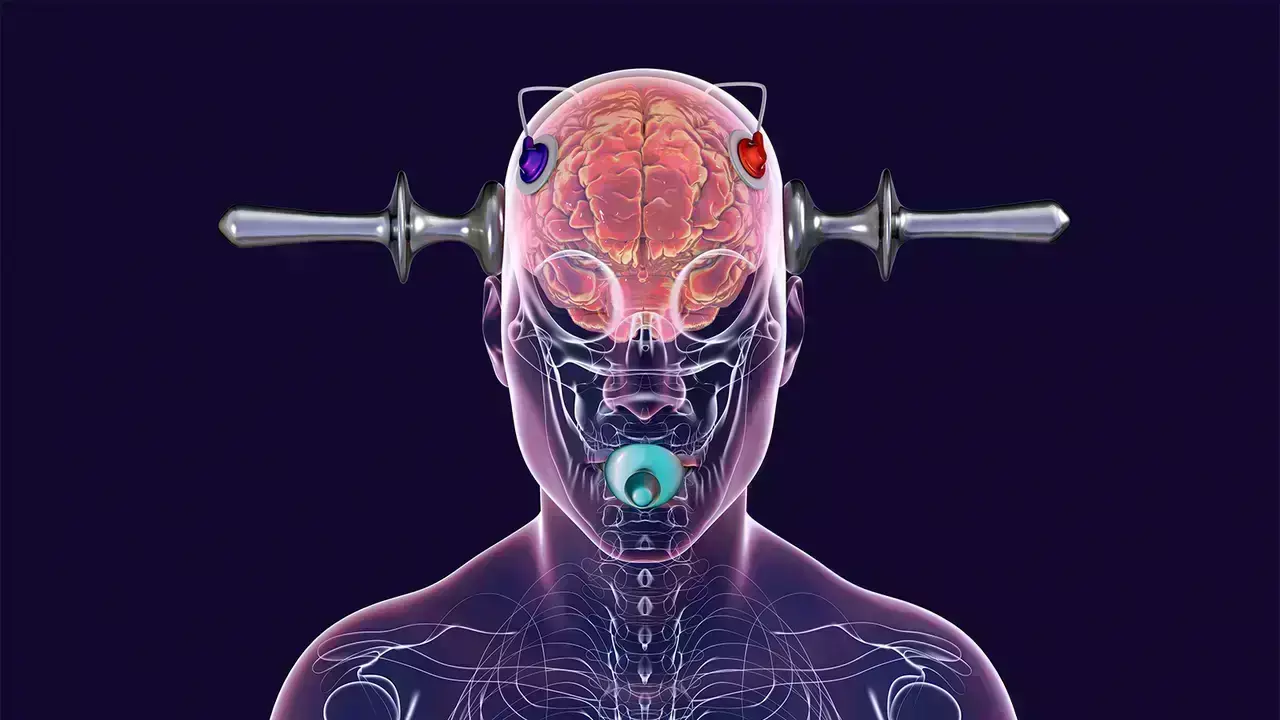- Home
- Medical news & Guidelines
- Anesthesiology
- Cardiology and CTVS
- Critical Care
- Dentistry
- Dermatology
- Diabetes and Endocrinology
- ENT
- Gastroenterology
- Medicine
- Nephrology
- Neurology
- Obstretics-Gynaecology
- Oncology
- Ophthalmology
- Orthopaedics
- Pediatrics-Neonatology
- Psychiatry
- Pulmonology
- Radiology
- Surgery
- Urology
- Laboratory Medicine
- Diet
- Nursing
- Paramedical
- Physiotherapy
- Health news
- Fact Check
- Bone Health Fact Check
- Brain Health Fact Check
- Cancer Related Fact Check
- Child Care Fact Check
- Dental and oral health fact check
- Diabetes and metabolic health fact check
- Diet and Nutrition Fact Check
- Eye and ENT Care Fact Check
- Fitness fact check
- Gut health fact check
- Heart health fact check
- Kidney health fact check
- Medical education fact check
- Men's health fact check
- Respiratory fact check
- Skin and hair care fact check
- Vaccine and Immunization fact check
- Women's health fact check
- AYUSH
- State News
- Andaman and Nicobar Islands
- Andhra Pradesh
- Arunachal Pradesh
- Assam
- Bihar
- Chandigarh
- Chattisgarh
- Dadra and Nagar Haveli
- Daman and Diu
- Delhi
- Goa
- Gujarat
- Haryana
- Himachal Pradesh
- Jammu & Kashmir
- Jharkhand
- Karnataka
- Kerala
- Ladakh
- Lakshadweep
- Madhya Pradesh
- Maharashtra
- Manipur
- Meghalaya
- Mizoram
- Nagaland
- Odisha
- Puducherry
- Punjab
- Rajasthan
- Sikkim
- Tamil Nadu
- Telangana
- Tripura
- Uttar Pradesh
- Uttrakhand
- West Bengal
- Medical Education
- Industry
Longer seizures during ECT session linked with greater chance of remission in major depressive disorder: JAMA

Longer seizures during ECT sessions are linked with a greater chance of remission in major depressive disorder suggests a study published in the JAMA Network Open.
Electroconvulsive therapy (ECT), wherein a generalized epileptic seizure is induced, is a treatment for major depressive disorder (MDD). Currently, it is unclear whether there is an association between seizure length and treatment outcome. A study was done to explore the association between seizure duration, potential confounding variables, and ECT treatment outcome. This population-based cohort study obtained data from the Swedish National Quality Register for ECT. Patients treated for unipolar MDD with unilateral electrode placement between January 1, 2012, and December 31, 2019, were included. The electroencephalographic (EEG) seizure duration from the first ECT treatment session for each patient was used for analysis. Data analyses were performed between March 2021 and May 2024.
The primary outcome was remission, defined as a cutoff score of less than 10 points on the self-assessment version of the Montgomery-Åsberg Depression Rating Scale within 1 week after ECT. Multivariate logistic regression analysis was performed to calculate odds ratios (ORs) between different seizure duration groups. Furthermore, the associations between concomitant use of pharmacological treatments, seizure duration, and remission rate were explored. Results: Among the 6998 patients included, 4229 (60.4%) were female and the mean (SD) age was 55.2 (18.6) years.
Overall, 2749 patients (39.3%) achieved remission after ECT. Patients with EEG seizure duration of 60 to 69 seconds had the highest remission rates compared with patients with seizure duration of less than 20 seconds (OR, 2.17; 95% CI, 1.63-2.88; P < .001). Anticonvulsant medications were associated with shorter seizure duration (eg, lamotrigine: β coefficient [SE], −6.02 [1.08]; P < .001) and lower remission rates (eg, lamotrigine: adjusted OR, 0.67; 95% CI, 0.53-0.84; P < .001). This study found an association between seizure length and remission from MDD. Use of anticonvulsant medication during ECT was associated with shorter seizure duration and lower remission rates after ECT.
Reference:
Gillving C, et al "Seizure duration and electroconvulsive therapy in major depressive disorder" JAMA Netw Open 2024; DOI: 10.1001/jamanetworkopen.2024.22738.
Dr. Shravani Dali has completed her BDS from Pravara institute of medical sciences, loni. Following which she extensively worked in the healthcare sector for 2+ years. She has been actively involved in writing blogs in field of health and wellness. Currently she is pursuing her Masters of public health-health administration from Tata institute of social sciences. She can be contacted at editorial@medicaldialogues.in.
Dr Kamal Kant Kohli-MBBS, DTCD- a chest specialist with more than 30 years of practice and a flair for writing clinical articles, Dr Kamal Kant Kohli joined Medical Dialogues as a Chief Editor of Medical News. Besides writing articles, as an editor, he proofreads and verifies all the medical content published on Medical Dialogues including those coming from journals, studies,medical conferences,guidelines etc. Email: drkohli@medicaldialogues.in. Contact no. 011-43720751


